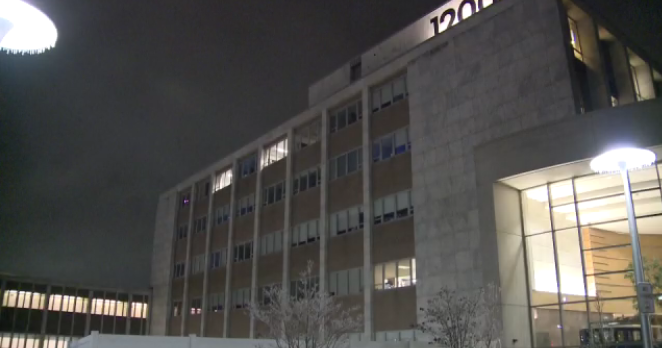Some toddlers may outgrow autism by age 6, Boston Children's Hospital study suggests
BOSTON - A recent study in JAMA Pediatrics finds that some toddlers diagnosed with autism may outgrow the condition by age six.
This is reassuring news given the startling number of kids currently on the spectrum.
Autism spectrum disorder, which is four times more common in boys than girls, is characterized by varying degrees of difficulty with social communication and social interactions, repetitive behaviors, and sensory symptoms.
The prevalence of autism continues to rise and more efforts are being made to diagnose kids early so they can get prompt treatment.
What researchers at Boston Children's Hospital wanted to know is how many toddlers continue to meet the criteria for autism as they get older. They looked at 213 children who had been diagnosed with autism at 1 to 3 years of age and reevaluated them at 5 to 7 years of age after receiving some form of intervention.
They found that by around age 6, more than a third, almost 40%, of the children no longer met the criteria for autism.
Was there anything that set apart the children who outgrew their autism and those who didn't?
The kids who outgrew their diagnosis were more likely to be girls or at baseline, to have better communication, self-care, and decision-making skills. But the researchers stress that it's important for children with autism to have ongoing assessments throughout their development because the diagnosis may evolve over time and their treatment needs to evolve with them.
Was it the actual treatment that made the difference?
All of the kids in the study received some form of treatment or intervention but the intensity of that treatment didn't seem to affect whether a child would have persistent symptoms or not. It's possible that children who "outgrow" their autism respond better to treatment, but it begs the question - are the treatments currently used maximally effective or are new approaches needed?








